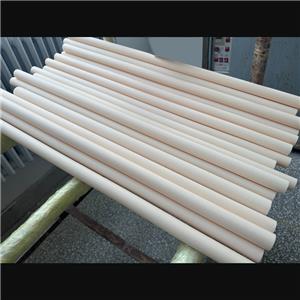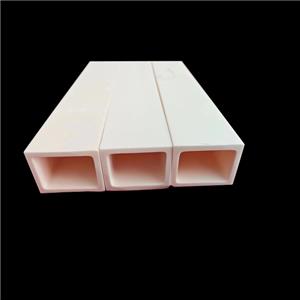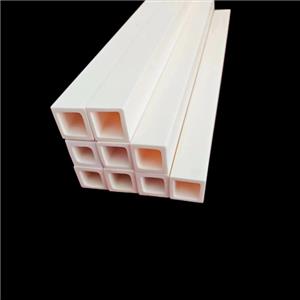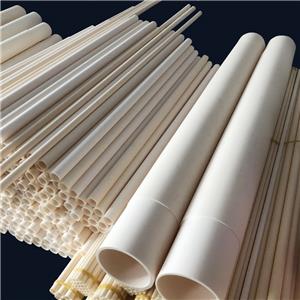Alumina Ceramic Tubes V.S Traditional Material Tubes
Alumina Ceramic Tubes V.S Traditional Material Tubes
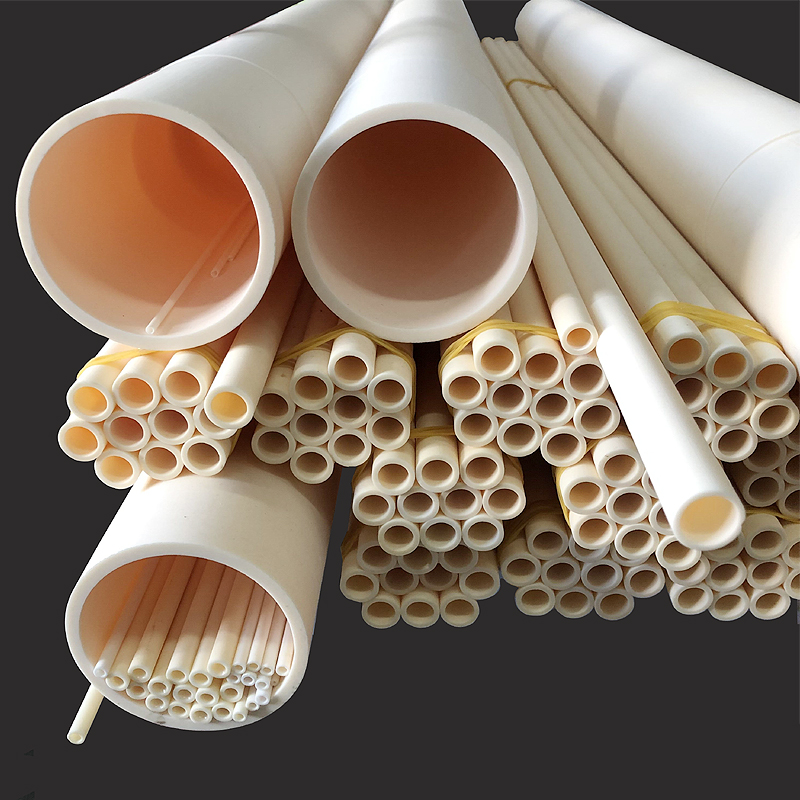
In the realm of material science, the choice of material can significantly impact the performance and longevity of various applications. When it comes to tubes used in different industries, the selection between alumina ceramic tubes and traditional material tubes is a critical decision. This article aims to delve into the characteristics, advantages, and applications of alumina ceramic tubes compared to traditional material tubes.
Alumina ceramic tubes are engineered from alumina, a high-performance ceramic material known for its exceptional properties. These tubes exhibit several distinct characteristics:
High Temperature Resistance: Alumina ceramic tubes possess remarkable thermal stability, allowing them to withstand extreme temperatures without compromising structural integrity. This property makes them ideal for applications involving high-temperature environments, such as furnace components and thermocouple protection tubes.
Excellent Wear and Corrosion Resistance: Alumina ceramic tubes exhibit outstanding resistance to wear, abrasion, and corrosion, ensuring prolonged service life even in harsh operating conditions. This durability makes them suitable for applications in industries such as mining, chemical processing, and metallurgy.
Electrical Insulation: Alumina ceramic is an excellent electrical insulator, making ceramic tubes indispensable in electrical and electronic applications where insulation is paramount. They are commonly used in insulating bushings, heating elements, and electric furnace components.
Chemical Inertness: Alumina ceramic tubes are chemically inert, meaning they are resistant to most chemicals and acids. This property makes them suitable for applications involving corrosive substances, such as chemical processing, pharmaceuticals, and wastewater treatment.
Precision Machinability: Alumina ceramic tubes can be precisely machined to meet specific dimensional requirements, ensuring tight tolerances and superior surface finishes. This precision enables their use in critical applications where dimensional accuracy is essential.
Advantages of Alumina Ceramic Tubes Over Traditional Material Tubes:
When compared to traditional material tubes, such as metals (e.g., stainless steel, brass) and plastics (e.g., PVC, polyethylene), alumina ceramic tubes offer several distinct advantages:
Extended Service Life: Alumina ceramic tubes exhibit superior wear and corrosion resistance compared to traditional materials, resulting in an extended service life and reduced downtime for maintenance and replacement.
High Temperature Capability: Traditional material tubes may deform or degrade at high temperatures, limiting their suitability for high-temperature applications. In contrast, alumina ceramic tubes maintain their structural integrity and performance even at elevated temperatures, ensuring reliable operation in demanding thermal environments.
Chemical Resistance: While traditional materials may suffer from chemical attack or degradation when exposed to corrosive substances, alumina ceramic tubes remain unaffected, providing long-term stability and reliability in corrosive environments.
Electrical Insulation: Unlike metal tubes, which conduct electricity, alumina ceramic tubes offer excellent electrical insulation properties, minimizing the risk of electrical short circuits and enhancing safety in electrical applications.
Applications of Alumina Ceramic Tubes:
Alumina ceramic tubes find diverse applications across various industries, including:
Metallurgy: Used as thermocouple protection tubes, furnace components, and crucibles in high-temperature processes such as metal melting and casting.
Chemical Processing: Employed in pumps, valves, and piping systems handling corrosive chemicals and acids.
Electronics: Utilized as insulating bushings, heating elements, and electrical insulators in electronic devices and power distribution systems.
Mining: Applied in slurry pumping, mineral processing, and wear-resistant components for mining equipment subjected to abrasive environments.
Environmental Engineering: Used in wastewater treatment plants for chemical dosing, pH measurement, and corrosion-resistant piping systems.

